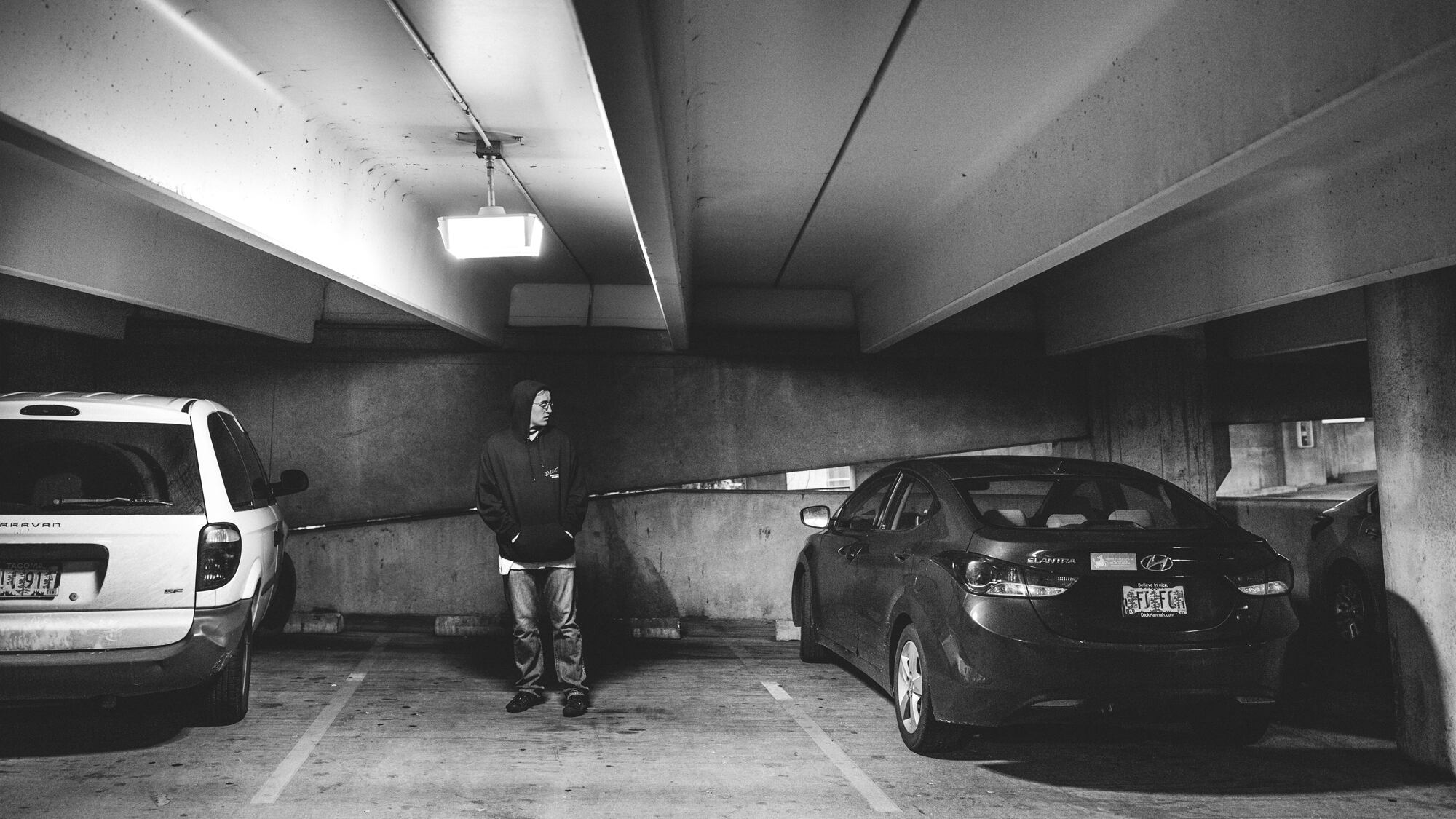A Portland policy that allows private tow companies to hold stolen cars for ransom may die before spring this year. Frustrated Portlanders who think it's unfair to charge victims of motor vehicle theft hundreds of dollars to retrieve their cars have a chance to tell the city how to fix its policy.
The Portland Police Bureau has opened its directive on stolen vehicles to public comment until Jan. 30, which means anyone can offer a suggestion to improve the process for recovering missing cars and trucks.
The number of stolen cars has skyrocketed in Portland over the last three years, in part because of two Oregon Court of Appeals decisions that prosecutors say has made it extremely difficult to convict thieves. More than 6,500 vehicles were stolen last year, the highest number of thefts since 1997.
About 4,000 of those victims had to pay private tow companies to get their car back in 2017.
Under the current policy, Portland police officers can give owners 30 minutes to pick up their recovered vehicle. If they can't make it in time, the officers call for a tow truck. Owners then have to pay at least $184—but many pay more for storage costs that start piling up shortly after the car arrives on the tow lot.
In late December, Mayor Ted Wheeler vowed to change the policy that robs victims of theft a second time. Wheeler told WW that the city's directives were "adding insult to injury" for victims of auto theft.
He said he would consider making Portland's rules more like those in Seattle, where police give the vehicle owner an option to have the car left where it is found until they can pick it up.
Wheeler and PPB appear to be making good on their promises to change the costly policy. The directive will go through two comment periods before changes are finalized and approved by police chief Danielle Outlaw. The finalized policy goes into effect after being published online for 30 days.

